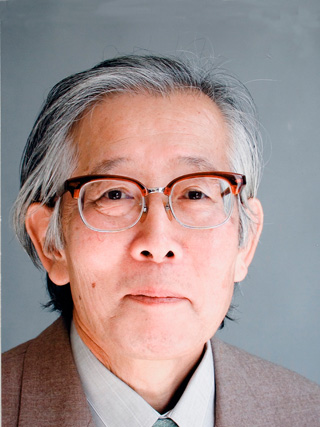Hideki Shirakawa: A Nobel Laureate Revolutionizing Conductive Polymers

Introduction:
Hideki Shirakawa, a Japanese chemist, was awarded the Nobel Prize in Chemistry in 2000 for his groundbreaking contributions to the field of conductive polymers. His innovative research and discoveries in this area have revolutionized the development of materials with unique electrical properties. This article delves into the reasons behind Hideki Shirakawa’s Nobel Prize win and highlights the significance of his work in the field of chemistry.
The Discovery of Conductive Polymers:
Hideki Shirakawa’s pioneering research focused on the synthesis and characterization of organic polymers that possess electrical conductivity, known as conductive polymers. Traditionally, polymers were considered insulators, lacking the ability to conduct electricity. Shirakawa, along with his colleagues, demonstrated that by introducing certain chemical modifications, polymers could exhibit electrical conductivity, thereby bridging the gap between organic and inorganic conductors.
Conjugated Polymers and Doping:
Shirakawa’s breakthrough came with the development of a process called “doping,” wherein he discovered that adding minute amounts of dopants to certain polymers dramatically enhanced their electrical conductivity. This process involved the addition of oxidizing or reducing agents to the polymer matrix, altering the electronic structure and enabling the flow of electric charge through the material. Shirakawa’s findings opened up new possibilities for the design and synthesis of conducting polymers with tailored properties.
Application Potential:
The discovery of conductive polymers by Hideki Shirakawa and his team held immense promise for various technological applications. These polymers exhibited characteristics such as flexibility, lightweight, and ease of fabrication, making them suitable for use in a wide range of devices. Their potential applications included organic electronic devices, such as organic light-emitting diodes (OLEDs), organic solar cells, sensors, and flexible displays. Shirakawa’s research laid the foundation for the advancement of organic electronics, offering alternatives to conventional inorganic materials.
Impact and Recognition:
Hideki Shirakawa’s groundbreaking work in the field of conductive polymers has had a profound impact on the scientific community and industrial applications. His discoveries revolutionized the field of polymer chemistry, leading to advancements in organic electronics and creating opportunities for sustainable and environmentally friendly technologies.
In recognition of his remarkable contributions, Hideki Shirakawa, along with Alan J. Heeger and Alan G. MacDiarmid, was awarded the Nobel Prize in Chemistry in 2000. Their collective efforts in understanding and developing conductive polymers have paved the way for novel materials with diverse applications, propelling the field of polymer chemistry into new frontiers.
Conclusion:
Hideki Shirakawa’s Nobel Prize-winning research on conductive polymers has transformed our understanding of organic materials and their ability to exhibit electrical conductivity. His groundbreaking discoveries in the field have opened doors to new possibilities in electronics, energy, and materials science. Through his dedication and scientific curiosity, Shirakawa has left an indelible mark on the field of chemistry, inspiring future generations of researchers to explore the potential of conductive polymers and continue advancing the boundaries of scientific knowledge.




